Not just a Y2K fad: This Singaporean couple’s biz sold almost 10,000 digicams in 2 years
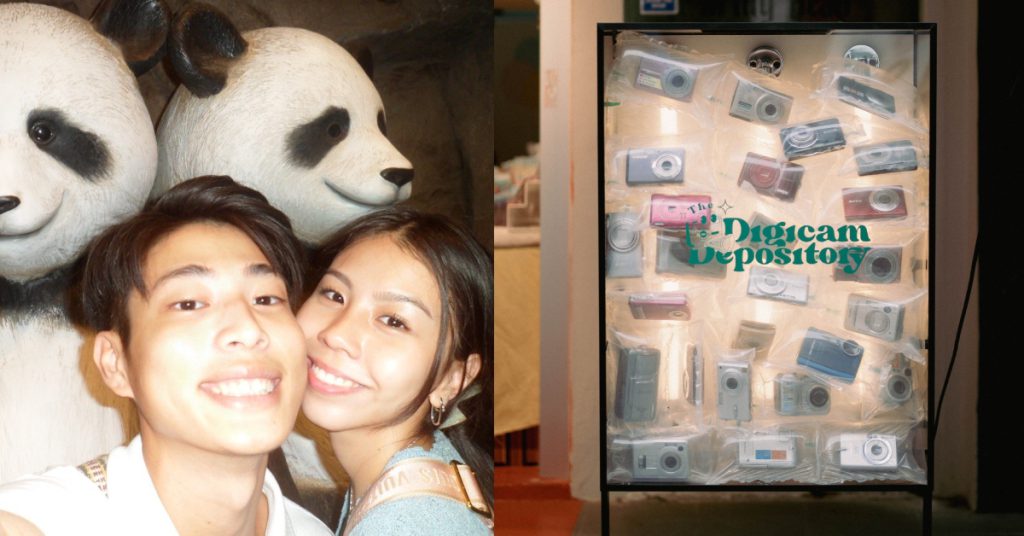
While packing for a trip to South Korea with her partner Coleman Chua, Phoebe Kylie stumbled upon her old Samsung PL180 digital camera—a “digicam” she had owned since she was 10. On a whim, she decided to bring it along to capture some photos. Phoebe didn’t expect much from it—after all, how could a camera […]
Meet the 2 Malaysian entries who made it onto Forbes 30 Under 30 Asia’s 2025 list

The 10th edition of the Forbes 30 Under 30 Asia list has just been released, spotlighting young entrepreneurs and disruptors in Asia. There are 10 categories this year, including the latest artificial intelligence addition: There are 30 entries (who are all under 30 years old, of course) celebrated in each category, meaning there is a […]
She turned her family’s land in Bentong into a cosy, pet-friendly glamping campsite

“Touching grass” is all the rage nowadays. By that I mean we are actively seeking out outdoor activities, like camping—and by extension, glamping—more than ever before, dare I say. We find a place we like, we send it to the group chat with our girlfriends, our partners, our bros, or our family, then we trundle […]
Bartending wasn’t this 41-year-old’s first plan—then he ended up opening 2 bars in M’sia
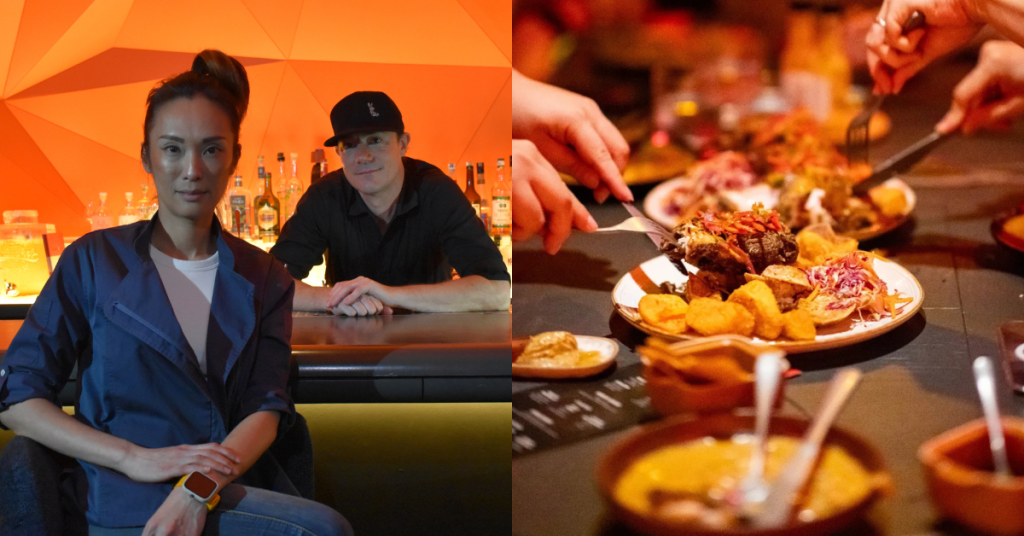
Have you ever gone into something without any expectations but then came out the other end with a newfound passion? Perhaps his example is pretty out there, but for Joshua Ivanovic, he can absolutely say that he has. Bartending was supposed to be just a convenient way for him to make cash on the side […]
Microsoft announces mass layoffs, cuts 6,000 jobs globally

Microsoft announced yesterday (May 13) that it is laying off 3% of its global workforce, impacting about 6,000 employees. This marks the tech giant’s largest round of layoffs since it let go of 10,000 employees in 2023. The job cuts will affect employees across all levels, geographies, and teams, including LinkedIn, as part of Microsoft’s […]
Malaysian game studio Appxplore shuts down inhouse operations after 14 years

Malaysian video game studio Appxplore, known for games such as Mobfish Hunter, Snaky Cat, and more, is shutting down its in-house operations. “With a heavy heart, I share that Appxplore (iCandy) Sdn Bhd—the studio I co-founded with Jenn Yu Lim in 2011—will be ceasing its in-house game development operations,” co-founder Desmond Lee wrote in a […]
This ex-banker built a healthy gelato brand that’s now sold in 400+ stores in M’sia & S’pore

As an investment banker in Hong Kong, Jennifer Lee was no stranger to high pressure and even higher expectations. Her schedule was gruelling, with days often stretching to 16 hours packed with back-to-back meetings and relentless deadlines. Amid the whirlwind of corporate hustle, she was also determined to stay fit and maintain a “performance-driven lifestyle”—a […]
These bros scaled their home-based kombucha biz into a specialised store at Sunway Pyramid
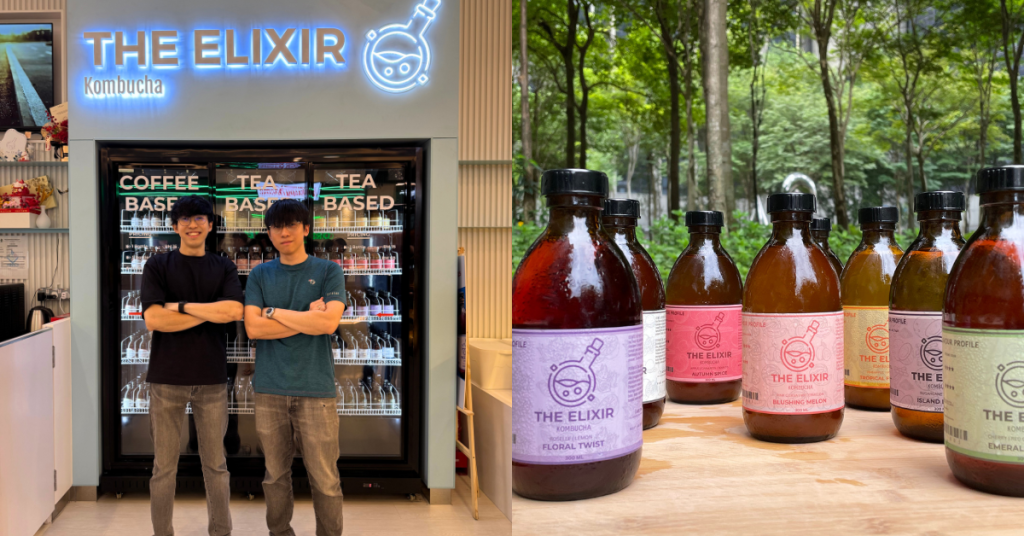
If coffee, tea, and sodas have been the longstanding stalwarts of the beverage world, the newcomer shaking things up would be kombucha. Over recent years, kombucha has quickly become a choice drink, especially for those who are more health-conscious. The drink has become readily available in grocery and convenience stores, as well as most upscale […]
Mini golf, reimagined: Why this S’porean mum-son duo opened a murder mystery golf course
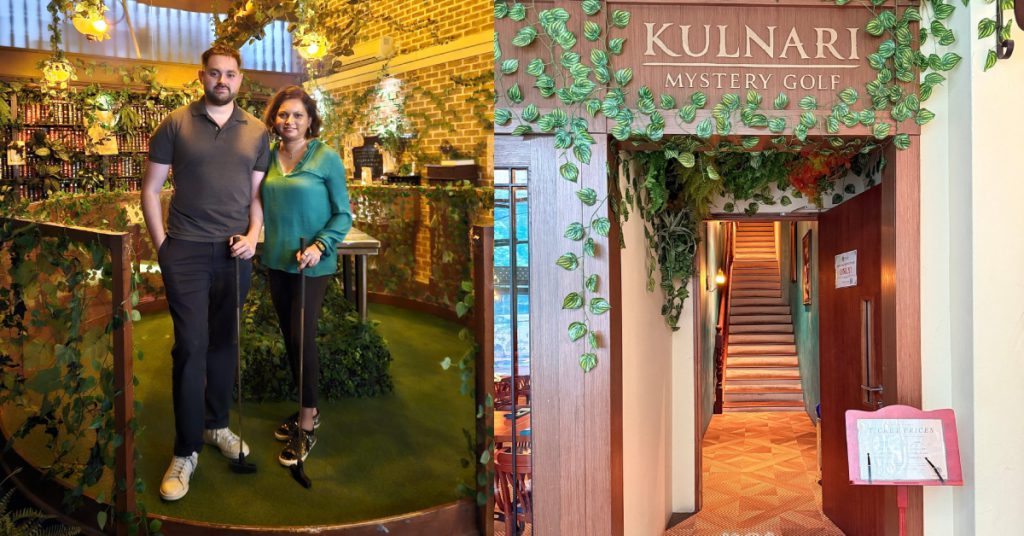
While the current generation is dealing with the “iPad kid” phenomenon, Alistair Cannon-Brookes grew up in a life full of adventure, playing mini golf and ziplining with his family. It’s little wonder, considering that his mother, Philomena Cannon-Brookes, has owned a children’s gym, Power Kids Gym, since 2004. Her business had thrived until the COVID-19 […]
Make seamless MAE payments at these 4 Cambodian destinations you NEED to visit in 2025

[This is a sponsored article with Maybank.] Looking for an adventure that takes you through ancient cultures and time-persevering architecture? Cambodia awaits. From the stone temples of Angkor Wat to the idyllic paradise of Koh Rong Island, this enchanting kingdom offers travelers a chance to revisit old history and reconnect with nature, supported by warm […]
This Bukit Jalil spot blends physiotherapy with traditional massage techniques, we tried it

On the third floor of a shoplot in Bukit Jalil lies Beyond Massage, a new massage therapy centre. Bright and airy with high ceilings, Beyond Massage is unlike any massage spot I’ve come across. This speaks to the mission of the co-founders, who aim to change the “luxurious” narrative that massages and physiotherapy typically follow. […]
These M’sian siblings grew their home-based bakery into a SS15 shop with 35+ bagel flavours
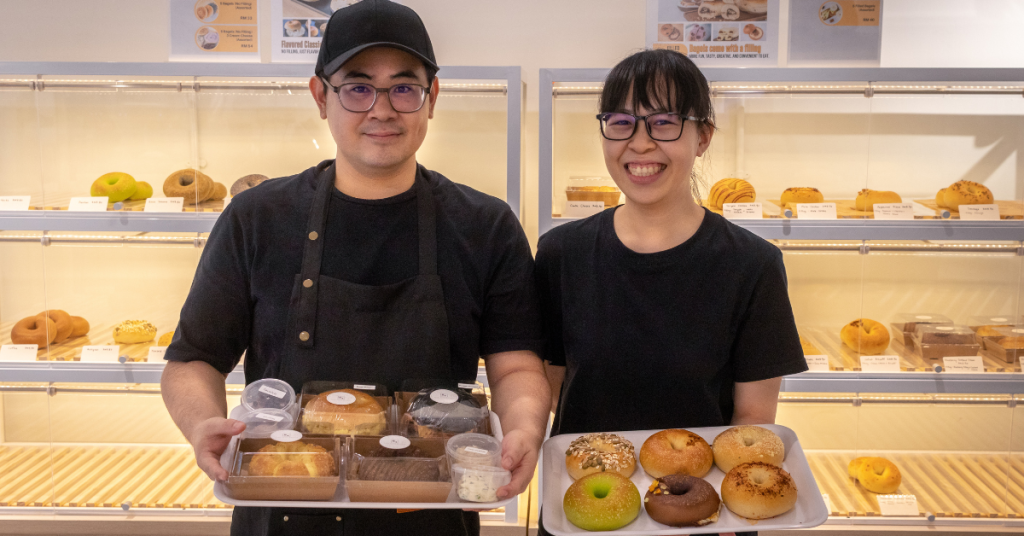
As someone who has a sister, I know firsthand that siblinghood often comes with challenges, even though it’s all love at the end of the day. That said, I’m not sure a business could survive our fickle fights and healthy disagreements. Such is not the case for Boo and Jia Zhi. The eldest son and […]
This S’porean ex-offender is giving others like him a restart in life through coffee & cats

It’s not every day that you meet someone who describes themselves as a failure, but for 54-year-old Matthew Poh, he comes clean in his introduction. My name is Matthew, and I am a one-time bankrupt, two-time divorcee, three-time addict, and incarcerated four times; that is my background. Literally, a failure that failed most people who […]
Sea Limited opens new 10-floor HQ in Singapore for its fintech unit

Sea Limited has opened its new headquarters in Singapore for its digital financial services business today (May 8). The unit, which runs platforms including mobile wallets, payments processing and banking, was also rebranded from SeaMoney to Monee. Located at Rochester Commons, the new headquarters for Monee spans 10 floors and over 200,000 square feet, including […]
Sidec’s ECM Awards 2025 saw participants rake in RM158mil in sales—here’s the top 10 brands

[This is a sponsored article with Selangor Information Technology & Digital Economy Corporation (Sidec).] Since its inception back in 2016, Sidec’s Malaysia Top E-Commerce Merchant (Top ECM) Awards has always been about celebrating the success stories of local businesses in the digital space. And for good reason, as ecommerce contributes an estimated 36.7% to Malaysia’s […]
This M’sian couple went from running a gas station biz to a specialty canelés shop in KL

When it comes to pastries, what’s the first thing that comes to mind? Perhaps you’re thinking of croissants, and the many hybrid creations it has sprouted, such as croffles or cronuts. You might even be thinking of some cream-filled choux, or perhaps, a Danish pastry. But chances are, most people will not think of canelés […]
Why this pastry chef returned to M’sia to start a patisserie brand that’s now in 4 spots
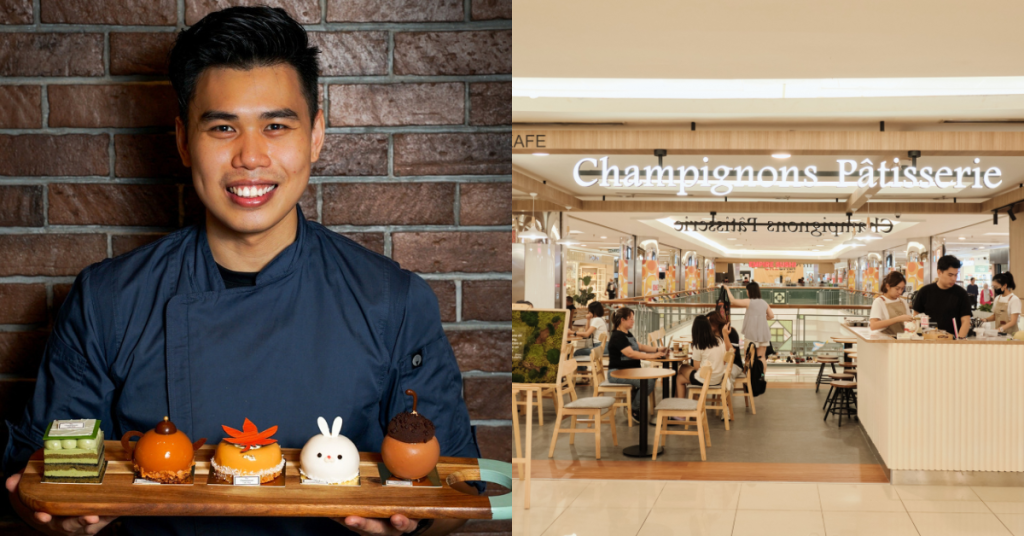
The patisserie scene in Klang Valley has bloomed over the years, with more people indulging in fine desserts and yummy pastries. One business that has popped up throughout those years is Champignons Patisserie founded by a pastry chef by the name of Kingsley Kwoh. Kingsley had studied at the Malaysia Institute of Baking (MIB) where […]
Back to the status quo? Here’s what we can learn from Singapore’s GE2025 results.

As the dust settles on GE2025, there’s plenty to remember it for. Not only did it mark the debut of a new Prime Minister, but it also introduced a fresh slate of candidates from both the ruling party and the opposition, alongside the return of physical rallies. Despite the hype and fierce contests we witnessed, […]
After almost 30 years, Isetan Singapore will close its Tampines Mall outlet in November
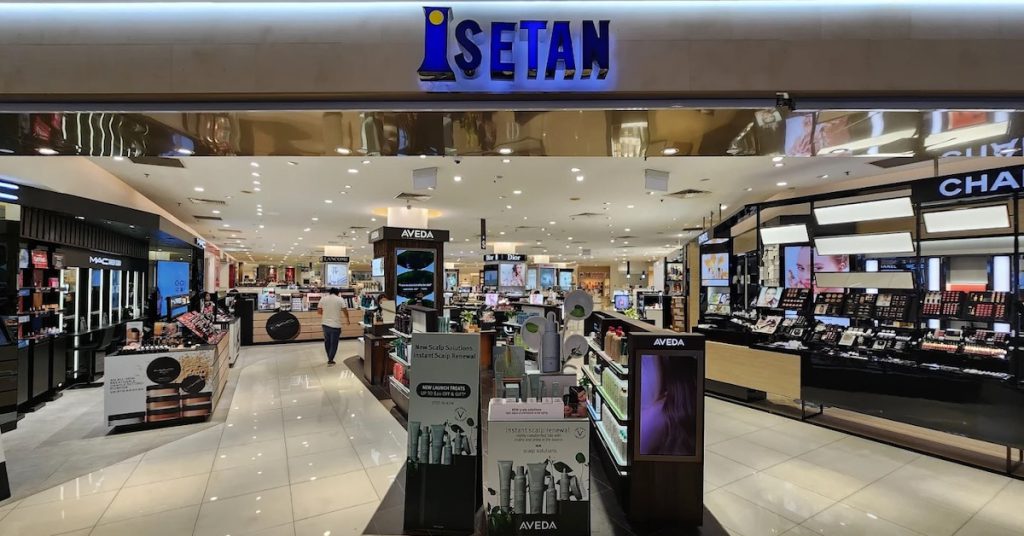
Editor’s Note: The following article has been updated with Isetan Singapore’s response to Vulcan Post’s media enquiries. Japanese retail giant Isetan will be closing its Tampines store this November after almost 30 years, following the expiry of its lease at Tampines Mall. The department store chain released an announcement on its website yesterday (May 6), […]
This spot in JB started as a photographer’s lab, now it’s a Japanese-styled coffee shop too
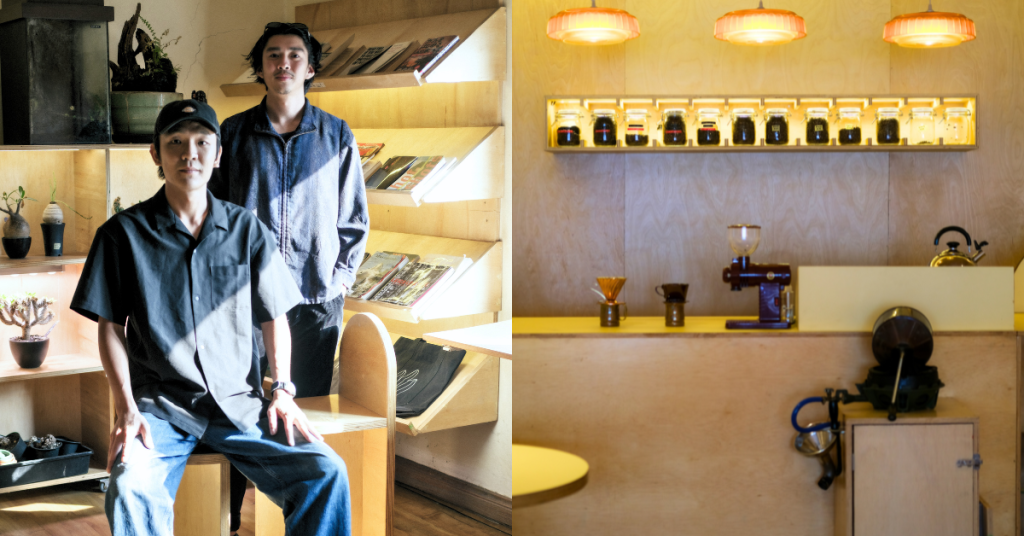
He’s a photographer, a former cook, and a coffee lover. Who better to open a film-slash-coffee shop? Taku Iwama, who is half-Malaysian and half-Japanese, moved to Malaysia when he was young. He grew up here, finishing his tertiary education in Monash University where he double-majored in marketing and finance. After that, though, he decided to […]
Now in 800+ stores, this M’sian pharmacist’s skincare biz is on track to RM50mil revenue/yr

Adibah Mazlan had a pretty typical upbringing. Hailing from Selangor, she grew up in a middle-class family, surrounded by strong women who believed in hard work and purpose. She went on to pursue pharmacy, finding it to be a field where science meets impact. One way that she differed from others, though, was her streak […]
This home-based scents biz hit S$1 mil revenue in 2 yrs & now has a Changi Airport store

Ambrose Wee had always loved having his family home smell like a hotel, so he often filled it with the calming aromas of scented candles. But that sense of calm quickly turned into concern when his mother’s childhood asthma flared up unexpectedly due to the commercial paraffin candles he had been burning. Determined to find […]
Ng Chee Meng responds to criticism over MOE incident & photo with Fujian gang member

Labour chief Ng Chee Meng has landed in hot water recently, following a wave of online comments questioning his conduct during a 2017 Ministry of Education (MOE) dialogue, as well as the circulation of photos showing him with convicted money launderer Su Haijin. In response, Mr Ng has apologised for the criticisms directed at him […]
Why this M’sian couple started a 3D-printed lamp side hustle on top of their full-time jobs

For penny pinchers like myself, the best part about tech isn’t quite the tech itself (though that’s important too). It’s that sweet moment when the starting prices for new products drop over time as advancements are made. And 3D printing is a prime example of this. These days, a decent printer will set you back […]
Tired of getting rubbed the wrong way, they created a new physio-centric massage biz in M’sia

“Don’t get rubbed the wrong way.” Featuring premium, cheeky branding, Beyond Massage is exactly what it says on the tin—a massage parlour that goes beyond your typical massage. But co-founders Calvin and Matthews sincerely mean what their motto says, and Beyond Massage intends to make good on it. Bridging a market gap Going into the […]
After 17 yrs, S’pore fashion label The Closet Lover will close due to founders’ health battle

Editor’s Note: The following article has been edited based on The Closet Lover’s responses to Vulcan Post’s media enquiries. Singaporean fashion label The Closet Lover (TCL) has announced that it will be closing its online and offline stores after 17 years. Both of TCL’s founders, Brianna and Bertilla Wong, were previously diagnosed with systemic lupus […]
This mum made rhythmic gymnastics shoes from her kitchen table, now it’s a whole M’sian biz

When you think of startup stories, you might imagine tech bros coding in a dorm or entrepreneurs pitching to investors in boardrooms. But sometimes, innovation begins in far humbler places—like a kitchen table in a home filled with the giggles (and bruises) of young gymnasts. This is the story of Tonya Twins, a Malaysian rhythmic […]
How this M’sian photojournalist started a hidden seafront cafe in a Penang forest
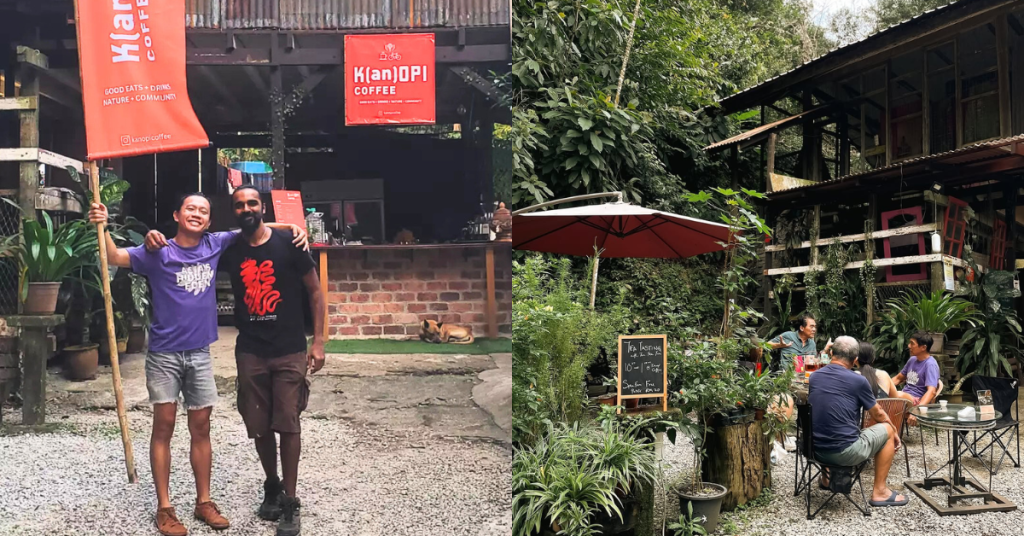
A seafront jungle cafe in Penang, K(an)opi Coffee is quite the picturesque spot for a cup of joe. It was founded by Jonathan, a Penangite who pursued journalism and international studies. When he’s not manning the coffee shop, he’s a photojournalist who also independently runs a creative studio that offers storytelling for businesses, communities, and […]
Many doubted these NUS alumni’s probiotic drink biz, now it’s sold at 50+ stores in S’pore

I love to eat, but there are times when my stomach bears the consequences, leaving me bloated and constipated. While I might spare you the details of my gut issues (at least for now), I can assure you that I’m not the only person who deals with this. In fact, it was these very experiences […]
Why do our laptops and phones feel so fragile and short-lived now? Here’s what the stats say.

It was not too long ago when my S22+ got the dreaded green line, costing me a RM600+ repair fee and a lunch break from having to go back and forth from the repair centre. This got me thinking: Has tech always been this way? Always putting users on edge for fear of a random […]

